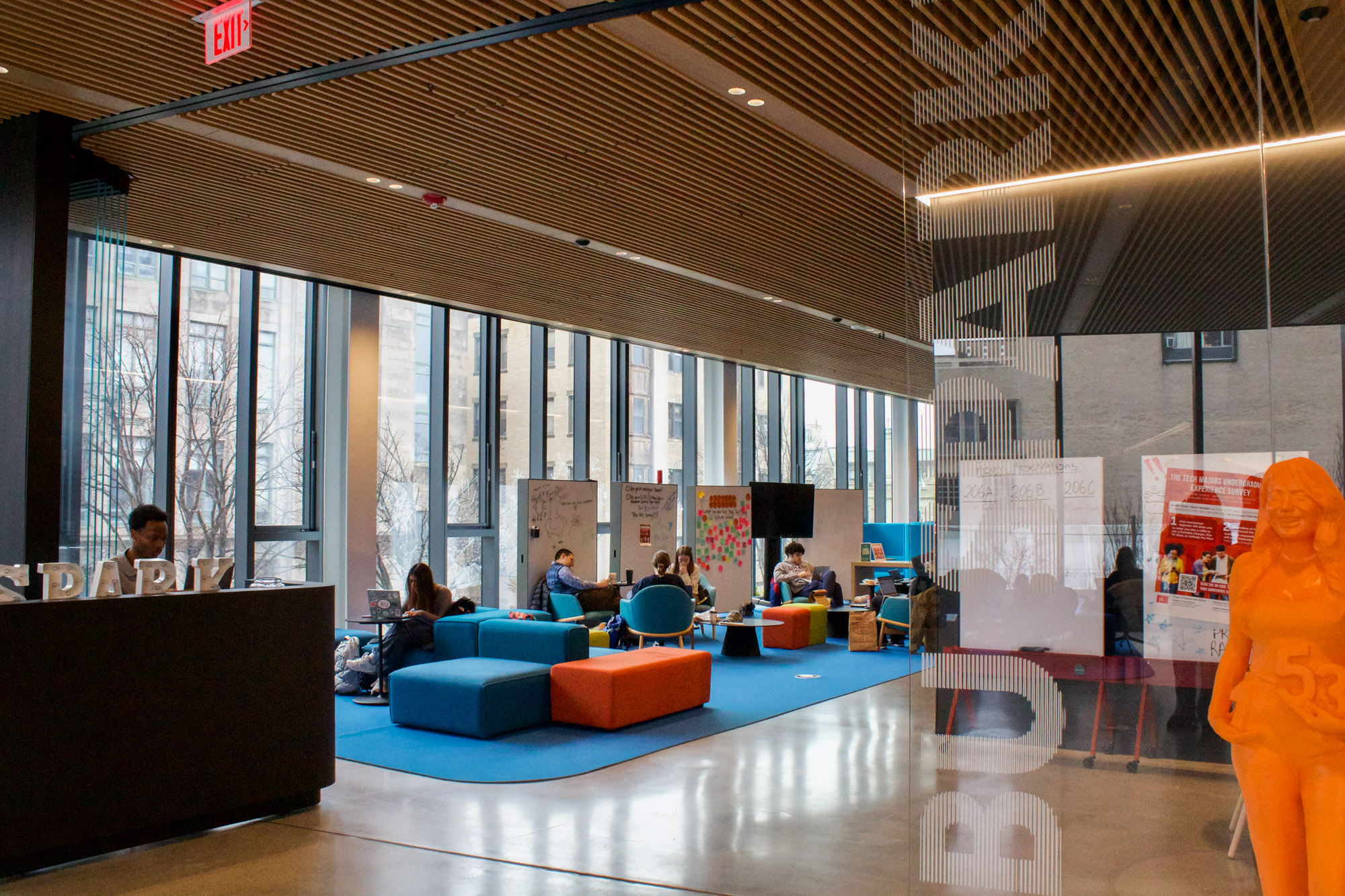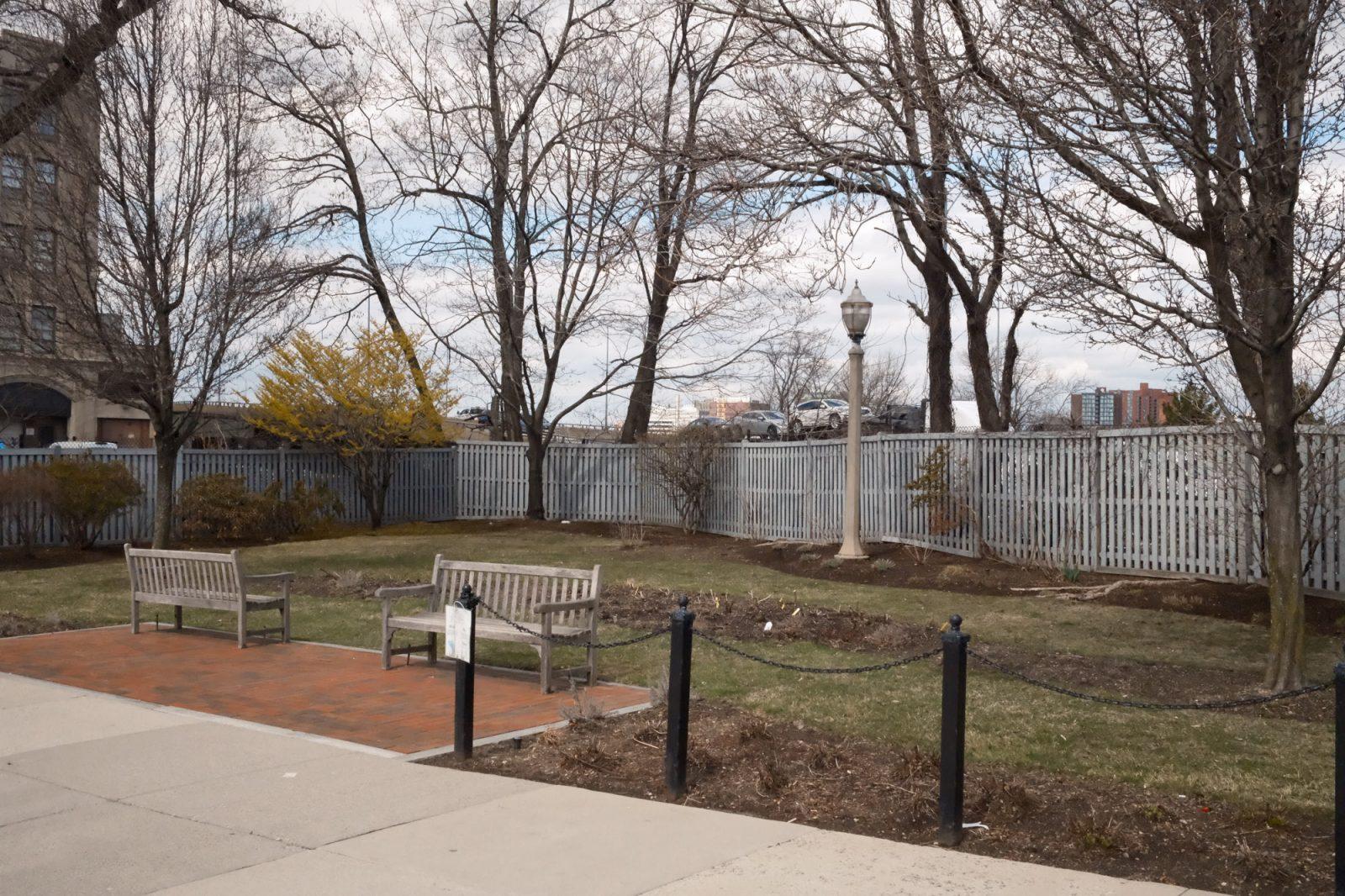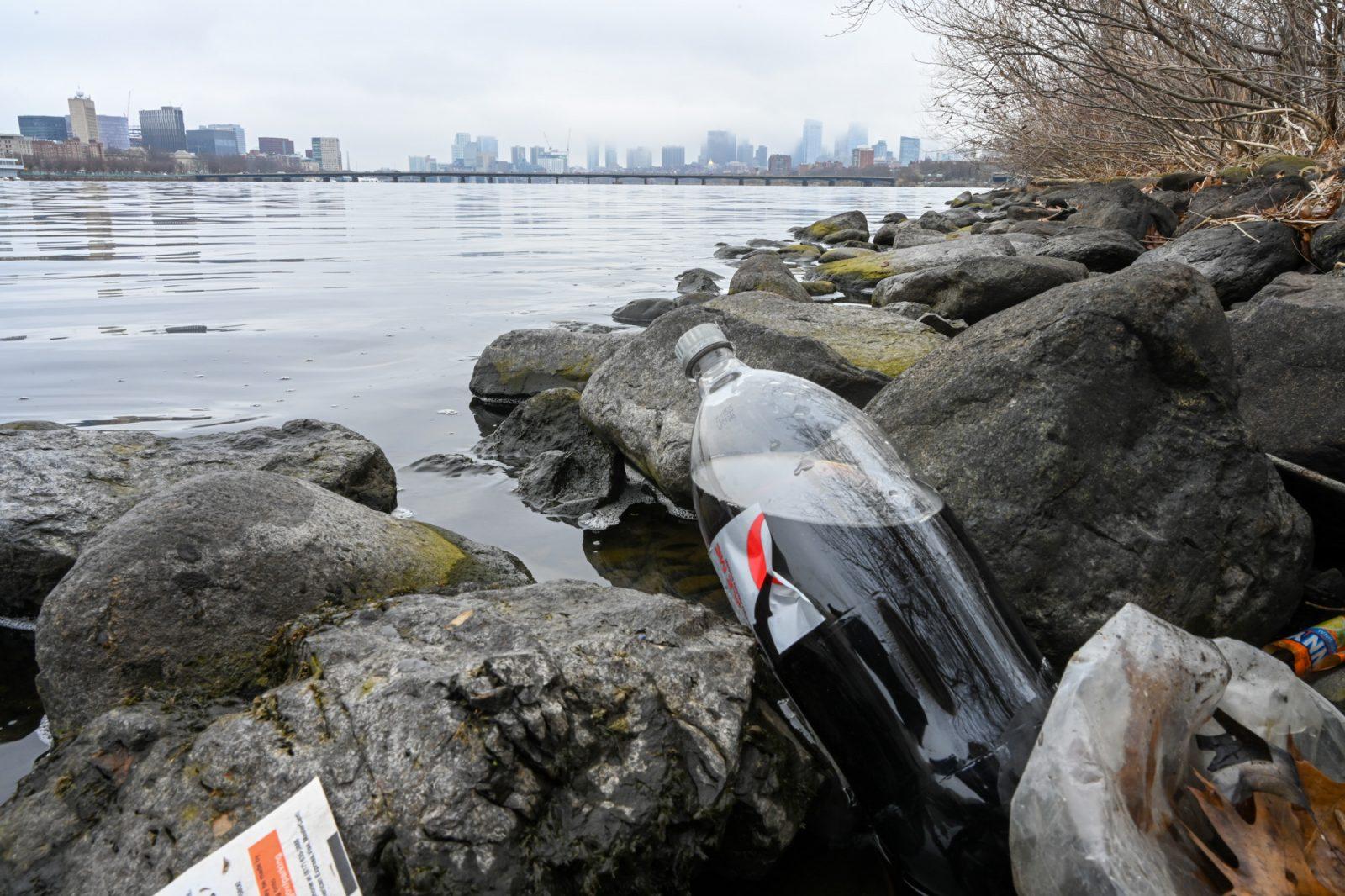When Meghann Lucy, a graduate affiliate of the Center for Innovation in Social Science, or CISS, collected data on cases of hoarding, she wanted to identify the patterns of where these cases were most common, she said. The problem was, she said she did not know how to visually represent the data to do the analysis.
Lucy, a sixth-year Ph.D. candidate in sociology in the Graduate School of Arts and Sciences, received a grant from CISS for her research, but struggled with using mapping softwares and quantitative data analysis to make full use of her data, she said.

She said she decided to apply for the partnership program to get help from students in BU Spark!, BU’s innovation and experiential learning lab for quantitative data-driven projects, to figure it out.
After working with the lab for a semester last spring, Spark! students analyzed the data Lucy had and visualized it using maps, some of which Lucy has since included in her dissertation, she said.
“[The Spark! team] had perspectives that I don’t have,” Lucy said. “I’m very much trained as a social scientist, I’m not trained as a computer scientist.”
The partnership between Spark! and the Center for Innovation in Social Science (CISS) began in 2023 to apply data science and computational skills to social science research, according to the CISS website.
Seth Villegas, the program lead of the partnership, and a post-doctoral fellow in the Faculty of Computing and Data Sciences, said one challenge in social science research is that researchers do not have the technical skills necessary, because the technology is fairly new.
Villegas said the younger students trained in cutting-edge technology in Spark! can provide faculty and graduate students with technical support.
CISS and Spark! partnership was made possible by funding from the College of Arts and Sciences dedicated to experiential learning, initiated by Dean Stan Sclaroff, according to the CISS website.
The interdisciplinary nature of the partnership aligns with Spark!’s goals, “to be the bridge between the computing and data sciences and the rest of the university,” Ziba Cranmer, the director of Spark! said.
Deborah Carr, the director of CISS, and a professor of sociology in the CAS, said CISS contributes to this partnership through bringing topics that students in Spark! may not be familiar with.
“What [CISS and Spark!] are doing is making science that neither [program] could have created on their own,” Carr said.
The partnership solicits research proposals from faculty and graduate students, according to the CISS website.
Last year, four projects, including Lucy’s, were chosen according to the CISS website. This year, after receiving far more proposals than expected, nine projects were chosen in total and six were matched with undergraduate courses in the Faculty of Computing and Data Sciences, the website says.
One of the Spark!-funded projects of this year’s grant is led by Ana Barun, a fifth-year Ph.D. student in the Graduate School of Arts and Sciences studying archaeology. Barun said she pursued the grant because she needed help analyzing data using geospatial technology, tools for geographic mapping and analysis.
“You don’t learn that as an archaeologist and I just didn’t have enough time to teach myself,” Barun said. “The fact that they were even offering something like this in the first place is amazing, so why let the opportunity pass by?”
The archaeology field is constantly evolving with new technologies, Barun said. Due to the nature of working in a field with large datasets, Barun said, it’s necessary to collaborate with people who can use these technologies.
The partnership will allow for research on crucial topics like racism, crime and immigration, Carr said.
Molly Richard, a postdoctoral associate at CISS, had a project that was matched with an undergraduate data visualization course in CDS.
Richard used census data to estimate the scale of so-called “doubled-up homelessness,” often referred to as “couch surfing,” Richard said.
Richard said their goal is to create a data visualization website where people can find data on the rate of doubled-up homelessness in their community each year.
The instructor for the data visualization course is Anthony Chamberas, an adjunct lecturer in CDS, who has a background in analytics and data with a focus on data visualization.
“I’m hoping it teaches [the students] how to work on a project that has had its share of challenges and difficulties,” he said. “Data is never the way you want it to be when you’re working with it.”
He said when he was a student, he never learned to handle those difficulties because he was always given data that was “ clean and ready to go.”
In the end, the goal is for CISS/Spark! to eventually have the resources to support all applicants, Cranmer said.
“I think that’s really the main thing about being part of an academic university, is that you have people in different fields that can collaborate with you and help you,” Barun said.































































































































